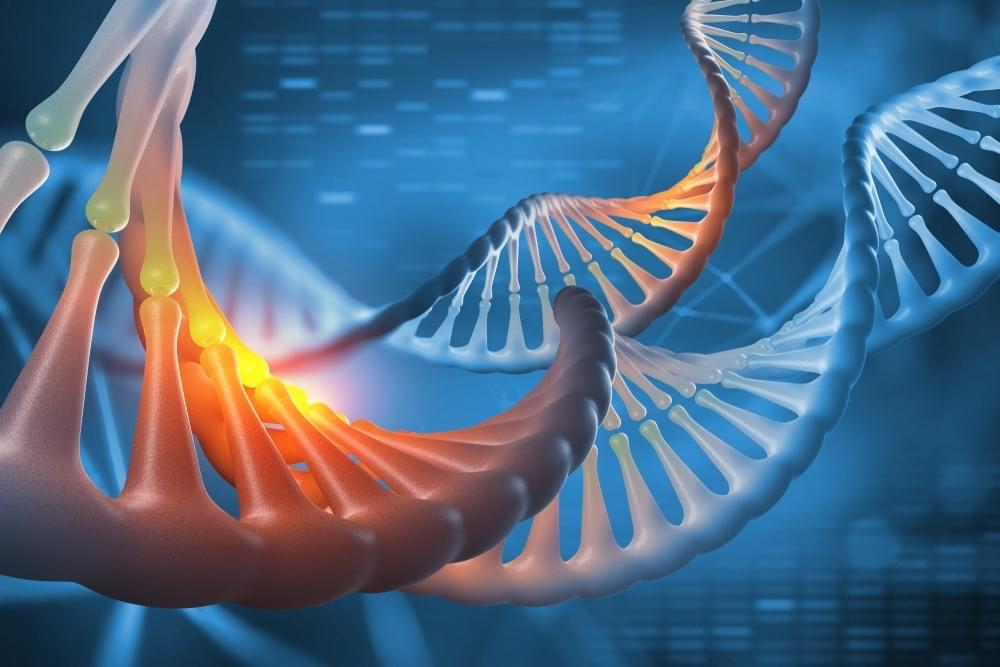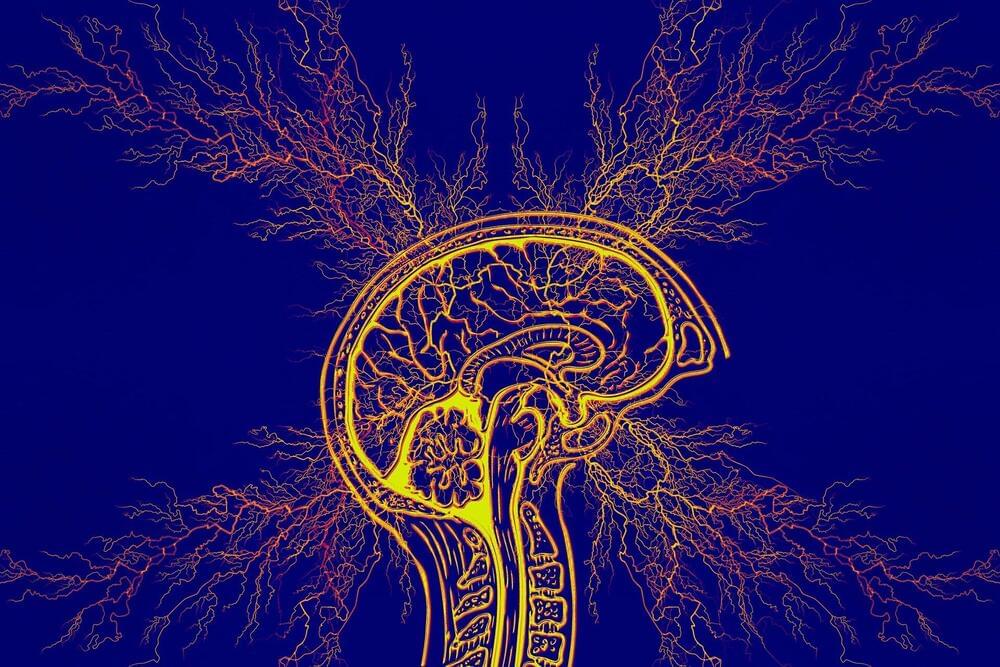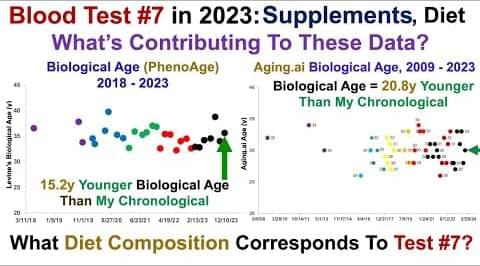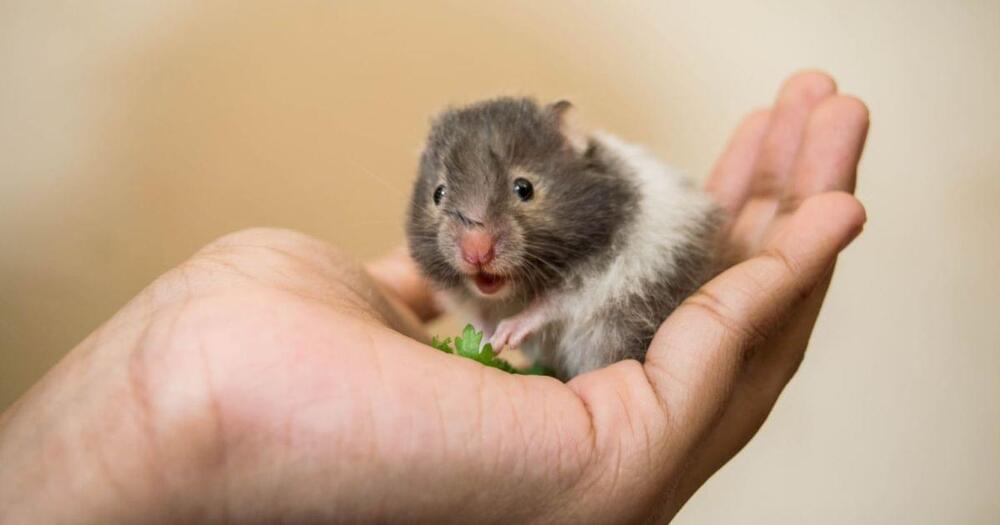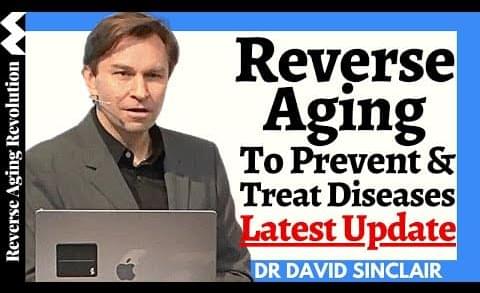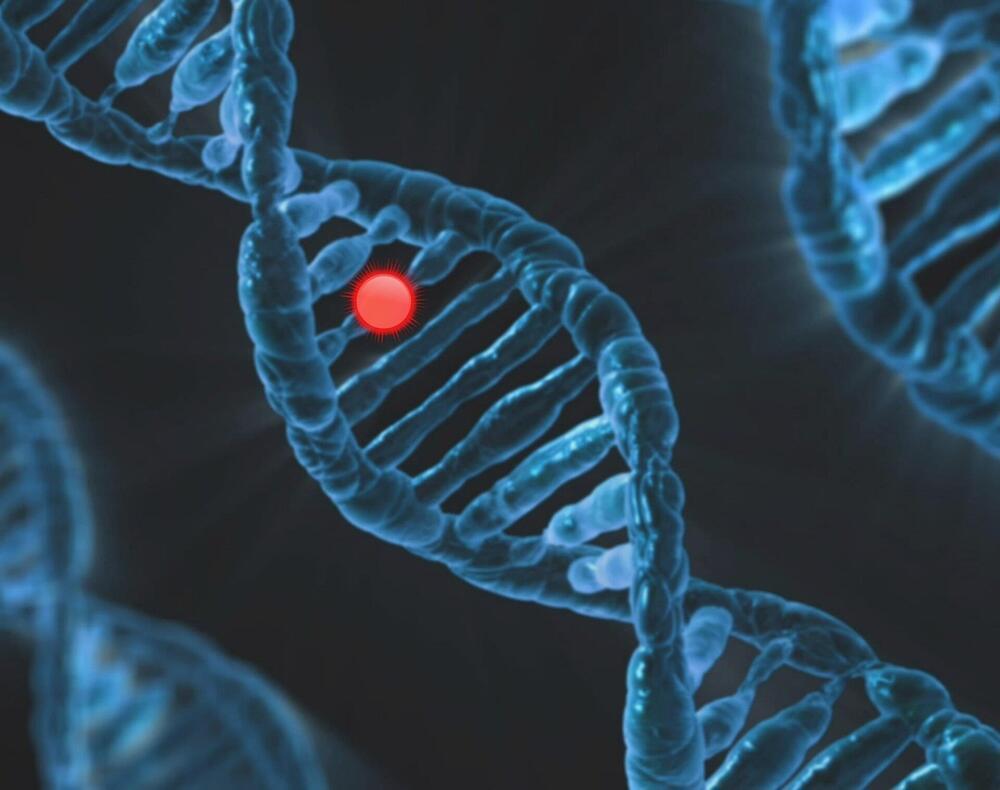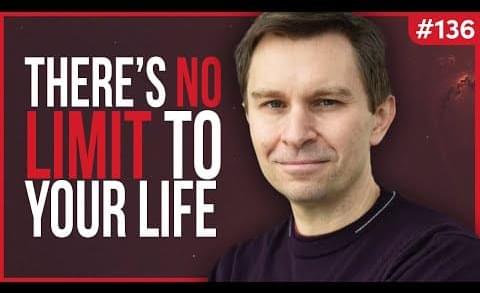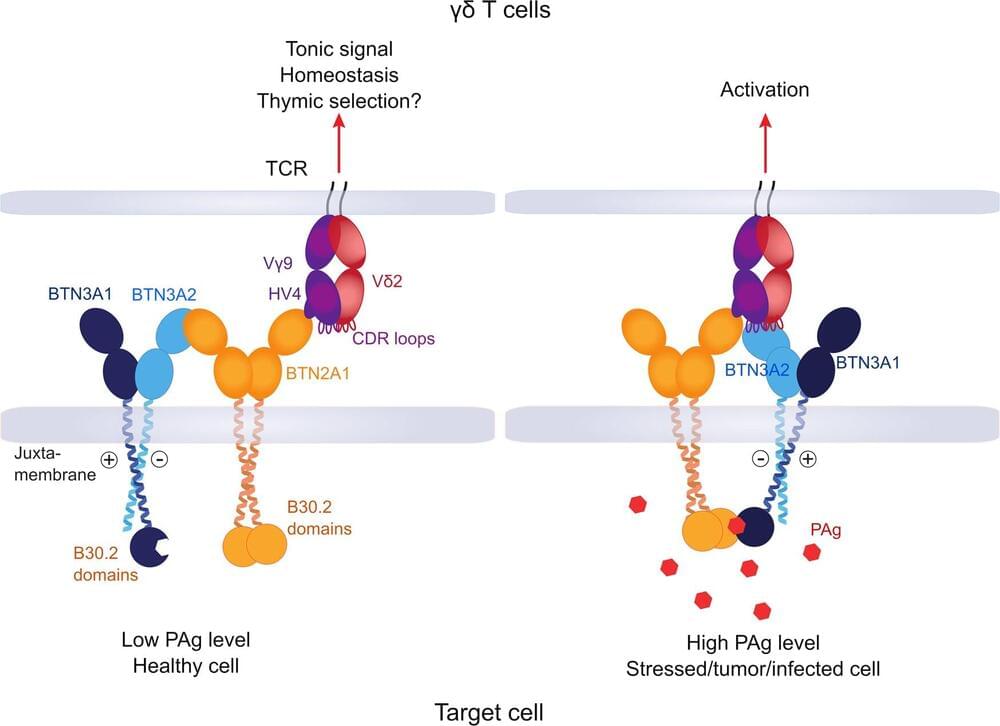Dec 11, 2023
How Spatial Genomics Is Revolutionizing Our Understanding of Health and Disease
Posted by Paul Battista in categories: biotech/medical, genetics, health
Introduction to spatial genomics The power of single-cell resolution Mapping the blueprint of health Case study: Bio-Techne Challenges and future prospects References Further reading
Spatial genomics is a cutting-edge field that combines genomics and spatial analysis to investigate the role of genomic features in disease at single-cell resolution.
Spatial genomics is a field of study that focuses on analyzing the spatial organization of genomic features within intact tissues. It involves the simultaneous analysis of various molecular components, including genomic DNA and RNA, through transcriptomic analysis and epigenetic modifications within their spatial context. These techniques aim to reveal the spatial relationships between the different genomic elements and provide insights into the organization and function of single cells within tissues, enabling the molecular connection of a particular genotype to its phenotype.
